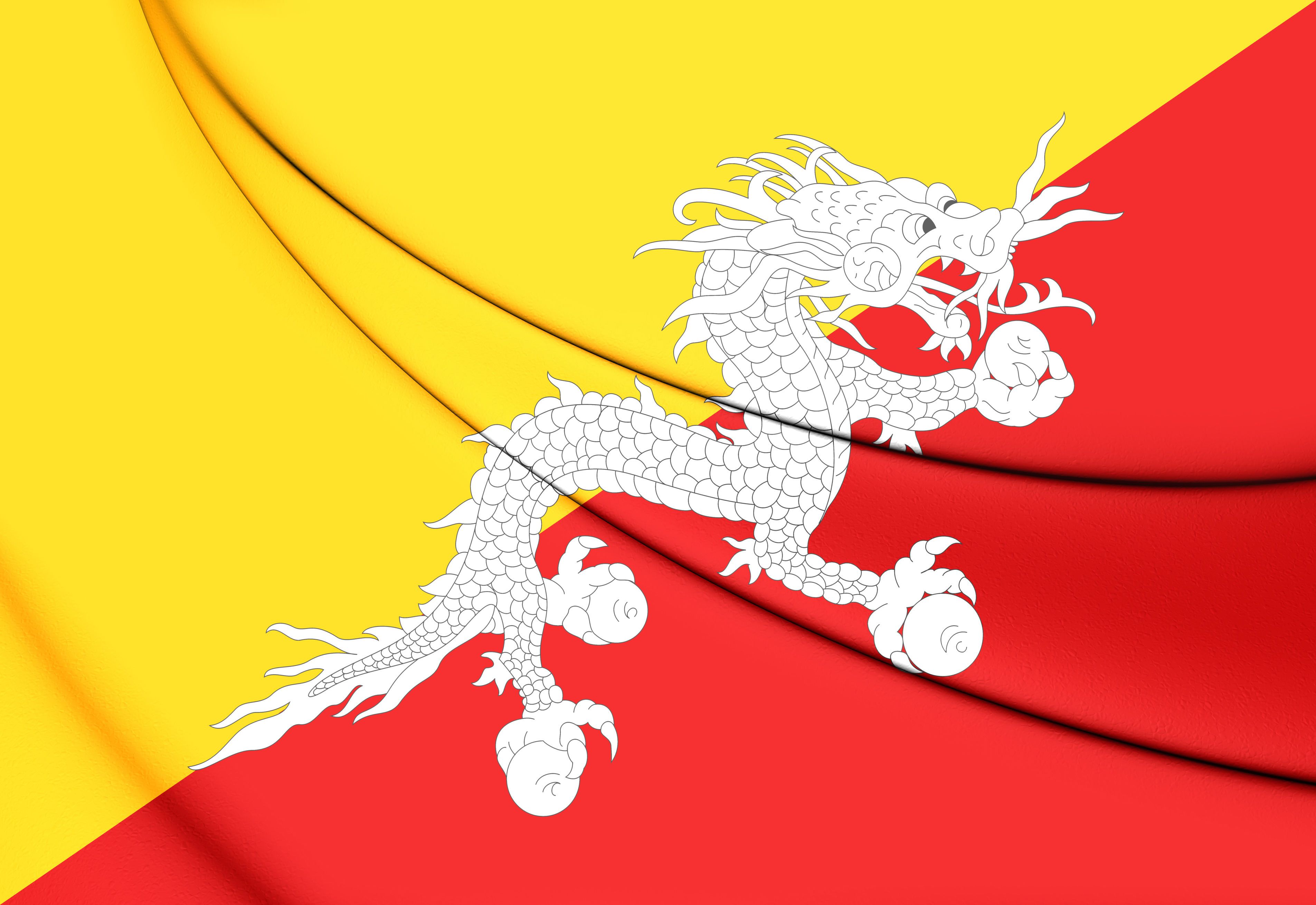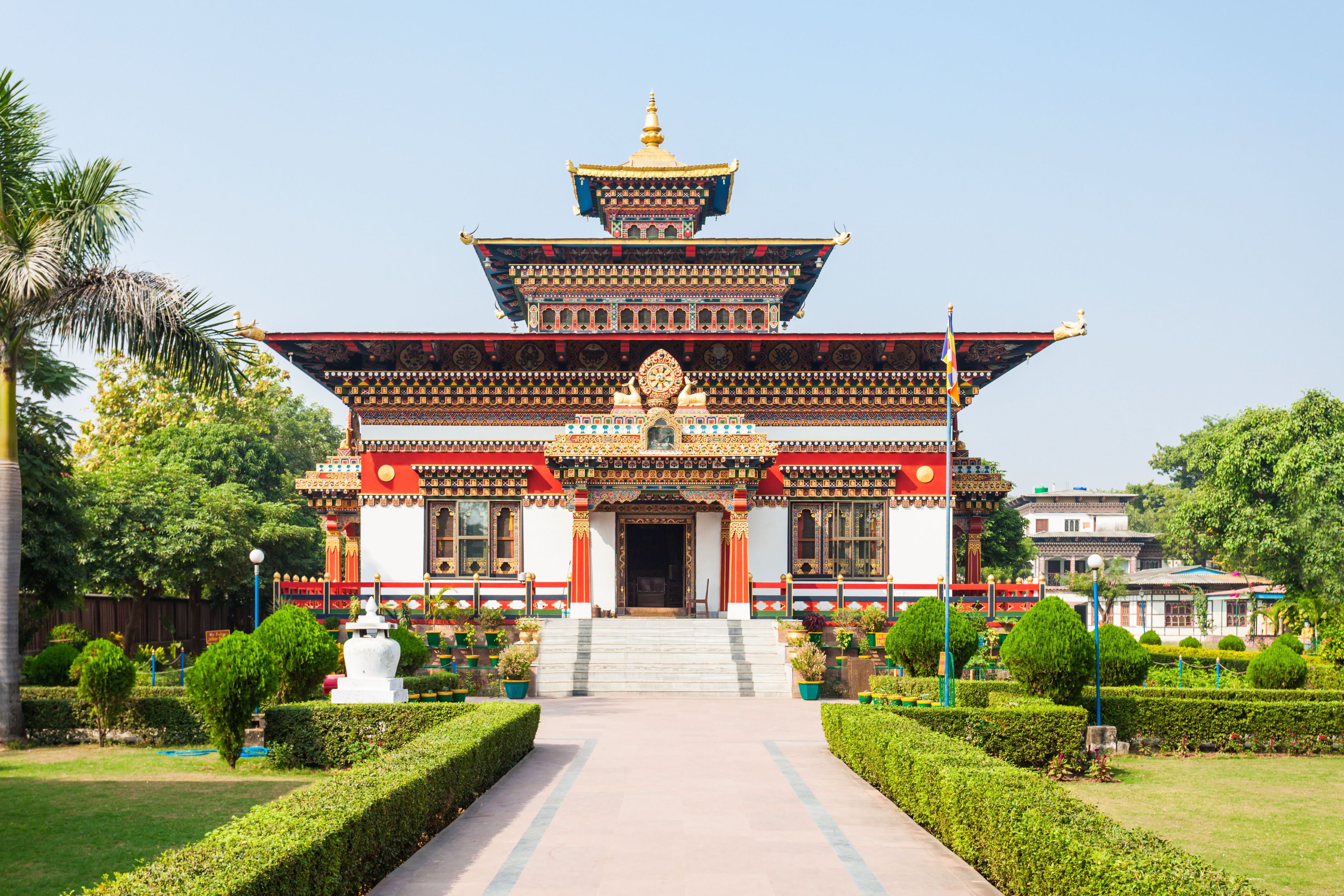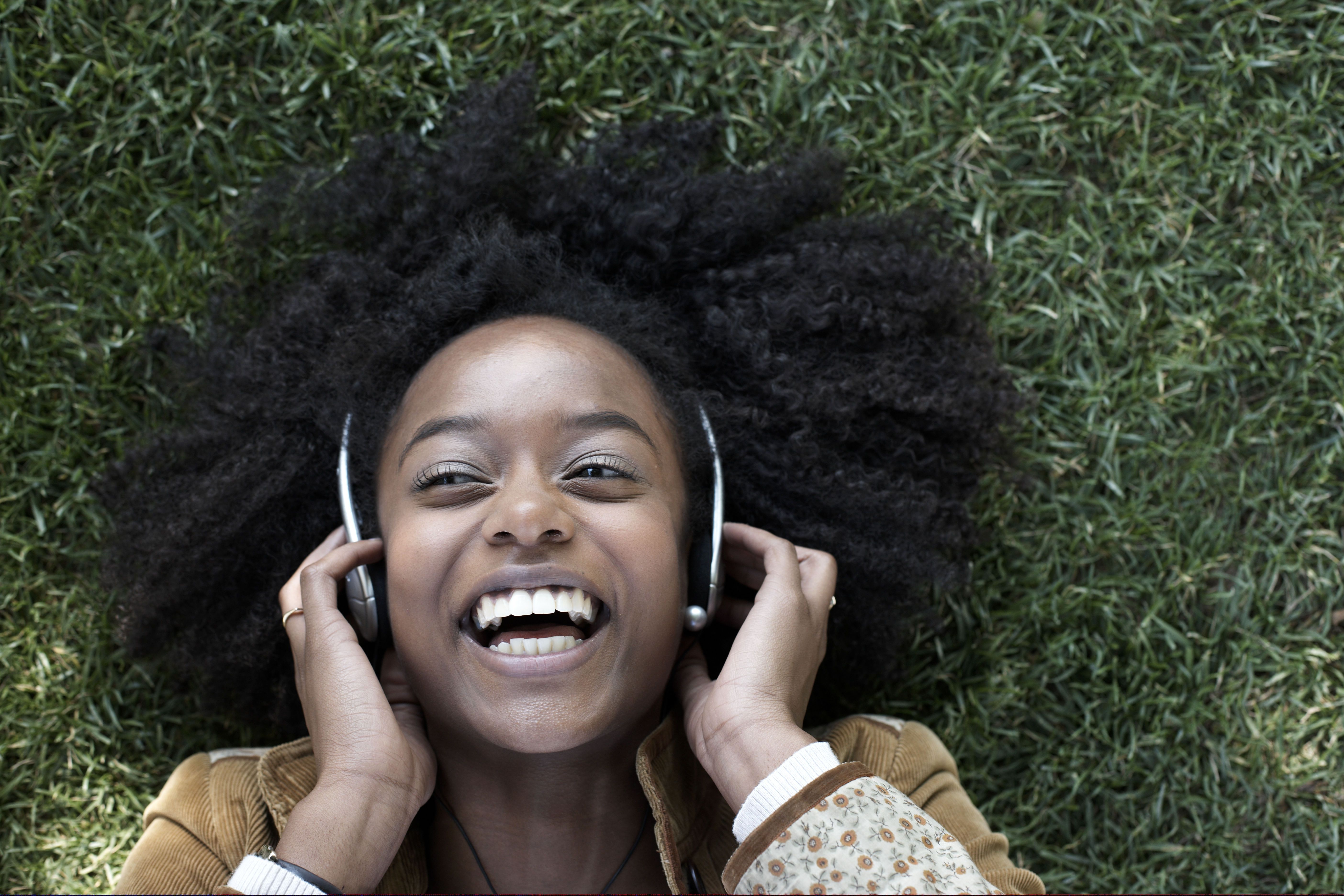Welcome to Bhutan! William and Kate’s guide to the local language
Bhutan, known as the ‘Land of the Thunder Dragon’, only opened up to visitors in the 1970s, which means the tour of India and Bhutan the Duke and Duchess of Cambridge are going on, is a very special trip! The country is still relatively unexplored by outsiders and holds some lovely traditions, like their measure of national happiness instead of GDP.
The national language of Bhutan is Dzongkha, which we have released on uTalk just in time for the royal visit. The language stems from the old-Tibetan language and uses a Tibetan alphabet. As it’s the Royals’ first time in Bhutan, here are some phrases they may find useful whilst they’re there!
Kate and Will arrive in Bhutan on 14th April and will be welcomed by a traditional ceremony at the Buddhist monastery Thimpu Dzong. So here are some phrases in Dzongkha that they could use:
It’s a pleasure to meet you – Chhoe Dang Chhe Dey Ga Tro Jung Yi
Welcome – Joen Pa Lekso
Monastery – Goen Pa
Dress – Mo Gho
They will also be meeting the King of Bhutan, Jigme Khesar Namgyel Wangchuck, and his wife Queen Jetsun Pema. Queen Jetsun gave birth to a baby boy in February so a good word for the Royal Couple to know may be alu (baby) or chhom (gift).
On their second day in Bhutan William and Kate will be hiking for up to 6 hours to Paro Taktsang, which is the Tiger’s Nest monastery, and will also attend a reception for British Nationals. They may want to use the phrases:
Hiking pole – Lam Doel Gi Kharw
Insect repellant – Bub Kag Ni Men
Is there any phone reception nearby? – Na Phar Tshor Druel Thrin Gi Gyue Lam Ga Tay Yoe Ga?
During their stay in Bhutan they may try some of the local cuisine, which is known to be quite spicy! These may be the most essential phrases to know:
Delicious – Zhim Tong Tong
Not too spicy please – Naa May Sa May Kha Ma Tsha Mi Chi La
What phrases do you think the Royal Couple need to know for their trip to Bhutan? You can find more Dzongkha phrases in our uTalk app.
5 ways to be happy like the Bhutanese
Recently, we were recording the Bhutanese language of Dzongkha for uTalk (now available!) and realised we knew hardly anything about the Himalayan kingdom. The Duke and Duchess of Cambridge are visiting as part of their Royal visit to India and Bhutan; so we thought we would do a bit of reading – and now we want to move there.
Gross National Happiness is an actual thing in Bhutan! Rather than measure the GDP (gross domestic product) the Bhutanese measure how happy their population is. In 2015 it found that 91.2% of the population would describe themselves as happy – whether ‘narrowly, extensively or deeply happy’; they classed themselves as happy. How lovely is that? But how do they do it? Here are some tips on how to make your life a little bit happier.
1. Turn off your computer, phone, Internet connection
In Bhutan the Internet didn’t arrive until 1999, so why not try to go Internet free. I know this is shocking – a lot of us are glued to our smartphones. But, why not try turning it off? Even if just for an hour every day, take a break from the cyber world and do something else instead. If you tend to use your smart phone before bed try replacing it with a book. A lamp doesn’t emit a stimulating light like your smartphone, which keeps you awake for longer; let’s be honest who doesn’t love extra sleep.
2. Listen to some music
Apparently Bhutan’s King, Jigme Khesar Namgyel Wangchuck is a huge fan of The King of Rock, Elvis. So put on your blue suede shoes and get dancing, singing, or just listen to some music. Spotify have some perfect mood boosting playlists and motivational songs.
3. Have a cuppa
A cup of tea, or a warm drink – if you’re not a tea lover, this can help to relax you. In Bhutan they have their own version of ‘tea’ called suja, described as thick and creamy, made of salted yak butter. Instead of serving it with a rich tea biscuit, it comes with dry popped rice.
4. Take up yoga/meditation
Find your zen! The Bhutanese allow for daily meditation sessions in school, and play traditional music to sooth students instead of a school bell. Doing yoga or meditating is the perfect way to zone out after a stressful day. There’s now such a thing as yoga with bunnies or even goats in some places.
5. Go for a bike ride
Jigme Khesar Namgyel Wangchuck’s dad (the previous king of Bhutan) used to ride up and down the mountains of Bhutan. Some of the locals in Bhutan are sure they have seen him cycling around the town in his spare time. Going for a bike ride is a great way to get some exercise and it releases feel-good endorphins. Apparently it also helps you to sleep more deeply and will help ease any guilt from snacking.
What are your top tips to live happy?
Happy Baba Marta!
Today is “Baba Marta Day”. In Bulgaria the 1st of March marks a holiday that welcomes the upcoming spring. “Baba Marta” translates to “Grandma March”, the mythical character who brings the end of the bitter cold winter!
On this day people exchange “Martenitsi”. These are red and white coloured bands or figurines that symbolise health and happiness. The white initially represented human nature and strength, whilst the red showed health and the woman’s nature.
The most traditional martenitsa consists of two small dolls (male and female) and are called “Pizho and Penda” (Пижо и Пенда). Martenitsi come in many other shapes and sizes and people wear them as lucky charms.
The tradition is to wear your martenitsa until you see some signs of spring: blossoming trees or birds like storks and swallows. Some people then tie their martenitsa to a tree – so next time when walking through a park, if you see red and white yarn bracelets hanging on a branch, you know the mystery behind it! It was also believed that people placed them under a rock. They would then come back nine days later to see if there had been any ants; if there were the year would bring lots of sheep. Some people also chose to throw them into the river and let them flow away, representing the troubles of life leaving.
Thanks to Nikolay, who made us all martenitsi to wear today! Let’s see how many of our wishes come true…

Bonus fact: “Mărţişor” is a Romanian holiday that is similar to “Baba Marta”. It’s also believed in Romania that wearing the red and white bands leads to a prosperous and healthy year. The threads are hung somewhere outside the house like a gate to protect against evil spirits. Today the threads are still bought by people for their friends and family to show admiration.
Happy Baba Marta!







